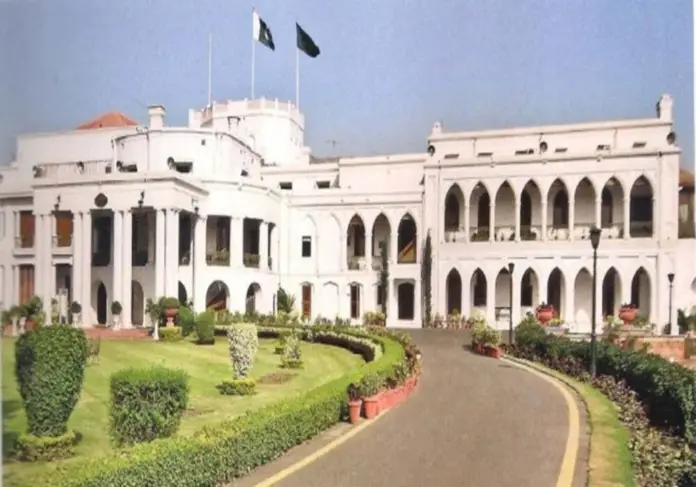The Punjab government has issued guidelines to regularise appointments of employees recruited in projects on a contract basis.
The employees were recruited by former chief minister Usman Buzdar’s government for different projects. But the incumbent Chief Minister Hamza Shahbaz has approved the filling up of the posts after their conversion from development to non-development modes.
All departments, in this regard, are directed to fulfil some formalities to regularise the employees.
Some officers who favour merit and want to promote efficiency in the public sector have criticised the idea of converting project-based positions to regular slots. They said that all the projects are time-bound activities and the task must end within the prescribed time limit.
There is no need to put the employees of these projects initially on SNE, from development to non-development modes and finally by fulfilling certain requirements to regularise the services of these employees on humanitarian grounds. This makes them a permanent liability to the exchequer.
Moreover, sources have also raised questions over the rationale of such regularisations without any reasons. The KP government had also regularised the project-based employees without Public Service Commission’s nod.
An officer of the Regulations Wing on anonymity disclosed that a department had to regularise the services of its project-based employees even after 14 years. He said that the recruitment of such employees was wrong ab initio. When there is a full system and workforce of employees in the departments with very little to execute why a parallel system is established in the form of projects, he questioned.
Why the staff working regularly is not involved to execute the project? He said that the projects are a window to recruit people in them without fulfilling certain strict requirements. After induction in the projects, their services continue even if the project time is over and the government had to regularise the services of these employees under the court interference also, said an officer of the Irrigation Department.
He said that dozens of officers had been recruited in a foreign-funded project Punjab Irrigation and Drainage Authority (PIDA). The government had to regularise the services of the employees even after the project was found no more feasible in the select districts of Punjab.
He said these employees and many of the other projects regularised have become a liability for the department and they will be paid from the exchequer till retirement followed by gratuity and pensions forever.
The Lahore High Court in one of its judgements had remarked that admittedly the project in question has been converted into a non-development side by the government with the allocation of budget and there remains no reason to deprive the petitioners of regularisation of their services as the posts which they are holding are permanent in nature as per their stance.
It is also not denied that their performance was satisfactory. Ex facie, on the principle of consistency and equality present petitioners, are also entitled to the same relief as has been granted by the superior courts to the similarly placed other employees in various cases.
Meanwhile, the employees of the senior level (BP 16 and above) have to pass the Public Service Commission examination for the regularisation of their services as per the new guideline. However, all the others will wait for the departmental committee’s nod only.
Amir Ali, a retired civil servant said that usually, discretionary hiring in the government sector leads to the recruitment of incompetent appointees. Political patronage is considered synonymous with incompetence and civic countries go against it. All countries that enjoy higher economic growth and lower corruption showed that they appointed people on merit.
Political hirings are done after a party takes over the driving position in the municipality, province, or centre. The purpose is to reward loyal supporters with permanent jobs in the government sector. The ultimate end is to get their votes and favours in the general elections. Amir said that whenever the provincial general administration department raises objections to such discretionary powers of regularisation, the chief minister overruled these objections. He said that merit is often violated in these cases.
The discretionary powers in the hiring process for public sector positions lead to the recruitment of incompetent political hacks, Ali said.
The taxpayers have to get some of the spoils as political parties reward their supporters in response to their struggle in the elections. This leads to the smooth running of government affairs by and large. When incompetent, corrupt and politically backed people make their way into the public sector, it turns into chaos, the officer held.







